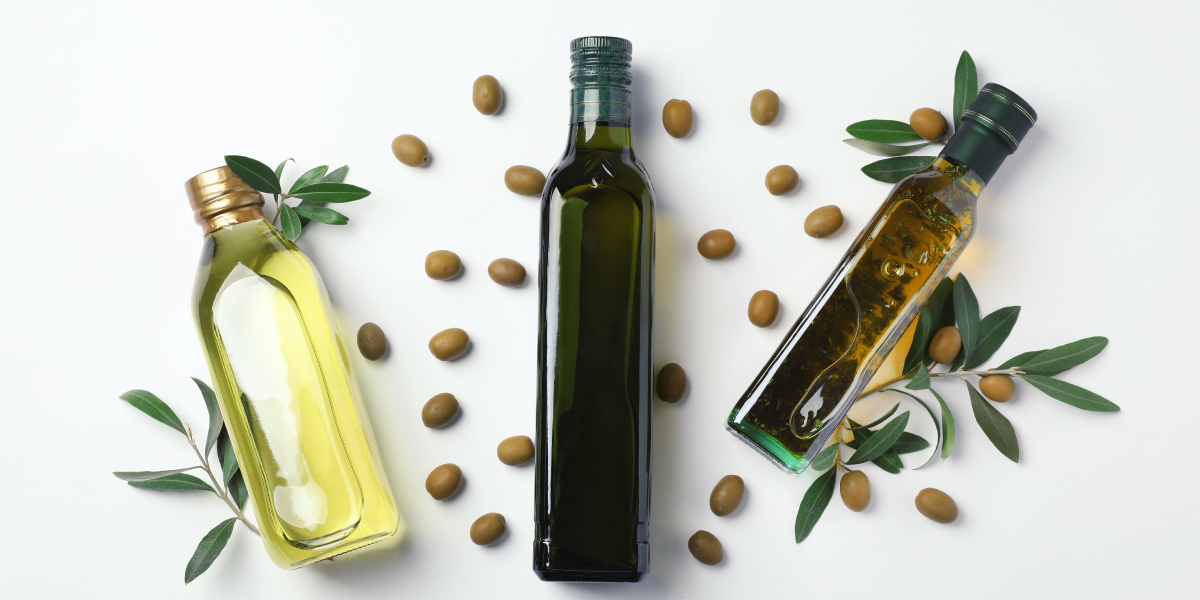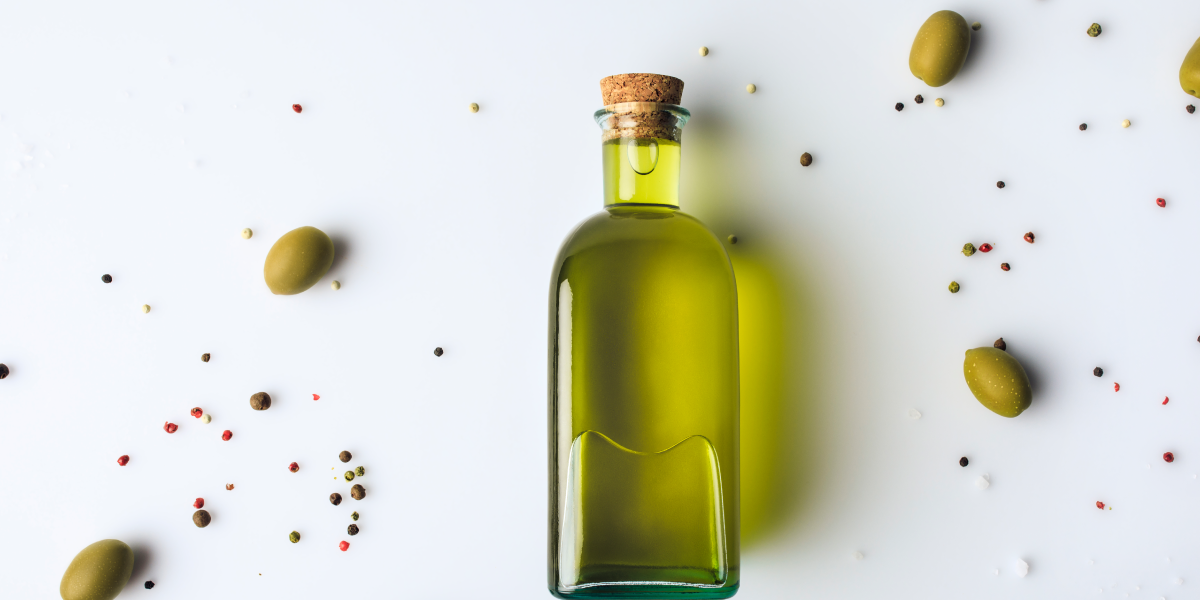The Ultimate Guide to Eating Hummus Like a Pro
If you think hummus is just a dip, you’re in for a delightful surprise. This creamy, flavourful delight is more versatile than most people realise,
As you may know, extra virgin and virgin olive oil are both derived directly from the popular olive fruit. If you’re concerned about your heart, then using olive oil is great for you. It’s just as great for the brain and general health. Some people have made a lot of noise about its unsuitability for cooking owing to its unsaturated fat, but this is not the case.
Olive oil’s reputation in Malaysia has had its reputation within the culinary world grow in leaps in recent years due to research that suggests that it works great for reducing cholesterol and for the general health of the human heart. In addition to its many health-related benefits, there have been studies linking this Mediterranean wonder oil to helping reduce depression and a general improvement in the health of the brain. This is linked to the fact that it contains a considerable amount of omega-3 and omega-6 fatty acids.

Irrespective of this fact, some persons have expressed scepticism on the use of olive oil for the purpose of cooking because of the unsaturated fats that it contains. The reason for this position is that the intrinsic properties of the oils and fats may become altered if the oil is exposed to high heat. This explains the scepticism around using it for culinary purposes. However, the good news is that, with the required amount of caution, olive oil can be a perfect ingredient for mild cooking. Cooking with olive oil also comes with many health benefits for the people who consume such meals.
The important to note is that you must first understand the different grades of olive oil before going ahead to apply it in your cooking. These grades are Extra Virgin Olive Oil (EVOO), virgin olive oil and then refined oil. Of these three, the highest grade is the extra virgin olive oil. The categorisation of these grades of olive oil is made according to their respective methods of extraction as well as the processing and use of chemical solvents.
For the extra virgin olive oil as well as the standard virgin olive oil, extraction is done directly from the olive fruit. This is done by crushing and grinding the olives; a process that helps to preserve the flavour, pungency, natural taste as well as the health benefits that it provides. This method of extraction is also known as cold-pressing. It also helps the oil to retain its flavour which it may otherwise lose if it is exposed to high temperatures.
When olive oil is processed further than this and is also blended with chemical solvents, the original high-grade quality of the extra virgin oil is lost and this is where the variants of olive oil referred to as “refined” are categorised.
Extra virgin olive oil usually comes with a sort of golden-green tinge and have a light peppery flavour. The beautiful pungent and crude smell it usually comes with is a product of being taken directly straight out of the olive fruit.

In the market these days, you will find another variant of olive oil which is generally referred to as pomace oil. This oil is derived from the 5 to 8 percent of the oil that is leftover in the olive pulp after the normal cold-pressed extraction of live olive oil from the olive fruit is concluded. This olive pulp is also known as pomace which is why the oil is known as pomace oil. The process of extraction for this oil is also known as olive pomace oil extraction.
Due to its superior heating point, this olive oil is also used regularly for cooking-related purposes. However, pure olive oil is the variant of olive oil that is used the most when it comes to cooking. This one is a mechanised blend of refined oil together with the standard virgin oil.
It is therefore important to state at this point that olive oil is generally not recommended for roasting, deep frying or stir-frying in a wok. In any event, we have outlined some of the ways you can get the best out of your cooking olive oil.
Olive oil is known for being able to balance out the acidity usually found in high-acid foods such as vinegar, lemon juice and tomatoes. It adds quite a remarkable depth when used for salads. For the most health benefit, mix it together with your salad dressing or just drizzle it over the salad.
Olive oil can be used in sauces for fish, meat, vegetables or even poultry or used in marinades.
After you’re done cooking, you can use olive oil as finishing by drizzling it over the meal and giving it some additional depth.
You can try toasting a baguette or a piece of bread after which you apply a decent cut of garlic clove followed by a good drizzle of olive oil. Another option is to mix olive oil together with some garlic and boiled beans into a food processor. Top this up with some fresh herbs and you have yourself a very healthy meal.
You can a dash of olive oil to your healthy blend of sauces as this has been proven to be remarkably healthy and flavorful. Make sure to whisk the mixture thoroughly to guarantee a proper blend. What olive oil does is ensure that the watery ingredients are well blended with the oil in the sauce.
If you think hummus is just a dip, you’re in for a delightful surprise. This creamy, flavourful delight is more versatile than most people realise,
Fellow coffee lovers in Malaysia are embracing a convenient method to enjoy their favourite coffee shop quality drinks at home: coffee capsules. These pre-packed pods
Healthy snacking is crucial for a balanced diet, especially for weight management in Malaysia. While many Malaysians enjoy snacks, not all are healthy. Traditional options
Malaysia’s coffee culture is flourishing, with coffee enthusiasts seeking high-quality brews that rival café experiences. Among the rising trends, coffee capsules have emerged as a
Tel: +603-5569 2318
Fax: +603-5569 2208
Email: hello@sanglafoods.com
Lot 4, Jalan Peguam U1/25A, Hicom Glenmarie Industrial Park,
40150 Shah Alam, Selangor, Malaysia